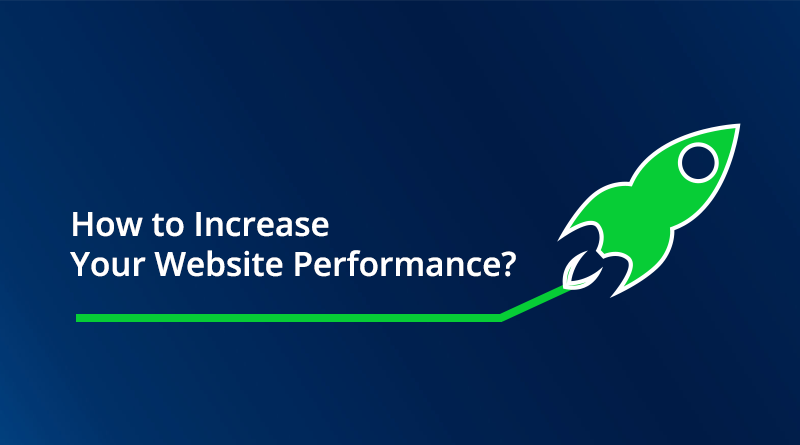When you have a look at the web, you will see a number of statistics describing how little time individuals are willing to wait for any site to load prior to they lose interest.
Those who have a strong broadband connectivity, thanks to something like one of these hughesnet internet plans, expect a site to load almost immediately, and even mobile consumers do not have much patience when it comes to waiting for a page to load. As per a study, the most favorable load time for a page is 3 seconds, although most of the websites are nearer to two-fold of that or more. And if you go much more than 10 seconds, the bulk of users are expected to leave the page and land someplace else. Therefore, if you have appropriate connectivity services, you will never complain about being disconnected from your network.
How long a website takes to load on a browser relies on factors distributed between both the client device and the server. While it is not likely to provide a solid connection to all users owing to things beyond the control of web designer, it is practical to make a website as competent as achievable, enhancing performance for a number of users.
Improved speed can be attained with a series of different techniques, but there are 3 stones that make the base of enhanced site performance. These are site optimization, enhanced hosting, and also some platform-particular factors.
Contents
The Significance Of Hosting
How much a website invests on web hosting is normally in line with the number of visitors anticipated on any given time, considering in how many pages users browse and how long every user stays. This is the major reason, in conjunction with security reasons, why comparatively few firms host websites internally.
The beauty of having web hosting is that more resources can be allocated easily to a website when there is high demand, providing that the host allows for this type of flexibility. What is essential to decide is the planned traffic you hope to get, and to increase your service suitably.
If you have a speedily developing website, but due to the hosting level it begins to turn unresponsive when tons of visitors visit, this can undermine your complete project. Hence, plan to begin small and then expand when the website becomes mature.
Site Optimization
Any website’s performance is very reliant on how it was developed, and what software tech it employs.
Once you have a prototype website, one of the first processes you require to do is to score every page on how long it consumes to load. There are various tools accessible to calculate performance of the page, and some of them will fragment the timings to verify precisely what caused the most hindrance on any particular page.
This testing is not something that you must only conduct once on a single computer, as your users will be arriving with diverse broadband connections, from a number of various locations, and they will be employing different kinds of devices. It is particularly important that mobile platforms are trialed both with cellular and Wi-Fi connections. And getting outcomes from distant geographic regions is also precious data. Once you have collected this performance info, it is time to get back to the website and see what modifications you can make to improve the performance.
Below is the list of some issues that slow the performance of any site. These issues can be solved easily.
Plugins And Widgets
Excessive of these elements cause the performance issues but these are a problem that impacts WordPress websites specifically. The inducement to pre-load pages with all kinds of clocks, animated buttons, calendars, and so on is solid, but you must defy.
These features need client-side code and server-side code to run and will often stop the presentation of other page components before they end loading.
Multi-Source Pages
If a page is composed up of materials that arrive from different locations, comprising ads, this can radically hinder the speed. The page turns dependent on how quickly those contents from outside the website are being provided, increasing performance problems.
If you have a website that frequently consumes too long to load, check into what’s slowing it down and get rid of it.
Incompatible Media
There exists a series of types of file that were once well-liked on the computer, but are now well non-operational. Mobile consumers will not be capable of accessing them, and most desktop consumer will also have problems unless they are still operating a plugin on an old version of browser.
As a rule, do not host image, video, or music formats that will not operate by default with Microsoft Edge or Google Chrome. It makes users go nuts when the site comes up with odd errors or has components missing.
Scaling Graphics
Site graphics should not be expanded until they are photographs that you need them to be clickable for a complete-quality display. Having them expanded is also awful, as this reveals compression artifacts or makes them blocky.
Making the pictures the same size as they must be seen takes the load off the client browser and the server, and prevents the consumer downloading bigger graphics than required.
Mobile Mistakes
A classic error that affects mobile consumers is for the redirect to the site’s mobile iteration to arrive only after most of the desktop-aimed homepage loads on the tablet or phone. The outcome is often a long wait prior to the browser is shifted away to the mobile website, followed by more delay before that loads.
While practically mobile platforms still lag a bit behind traditional PC in terms of web browsing, surfing on mobile is rapidly scaling and will very shortly be the leading way that most consumers will get to majority of websites.
Hence, attention to the mobile version of any website is at least as essential, if not more so, than the PC peer. Since mobile users are often connecting with the help of 4G or 3G data services without the reliable speeds of transfer that wired broadband consumers may expect, the implication of quick delivery of web page is even more.
Backend Code
How many times have you witnessed a clean feature that can be included with a site with “just a small code line?” There are a number of such, and they can be helpful. On the other hand, they often lead to a headache for a much bigger piece of code that is operating on the server so as to make the price of code do something helpful.
Have abundance of these and the server will be clogged down attempting to execute these requests instead of serving the website.
The most widespread culprits for these things are form processing and analytics. But code that deals with other errands can also have a side effect on general performance.
Use compression
There are number of methods that are probable to make sure that the files that structure the website are smaller, and hence faster to download for a user.
There are worldwide server-side techs that can reduce file sizes by almost 70%, even though just picking the correct compression levels and file types can also bring boost in performance.
The only limitation while employing compression is that you must verify those folders and files that you do not wish compressing to the system. This is due to already compressed volumes and compressed video files cannot be reduced down more.
Now that you know how to boost your site’s performance, you can proceed with the amendments and let us if things worked out well for you not by commenting below.





